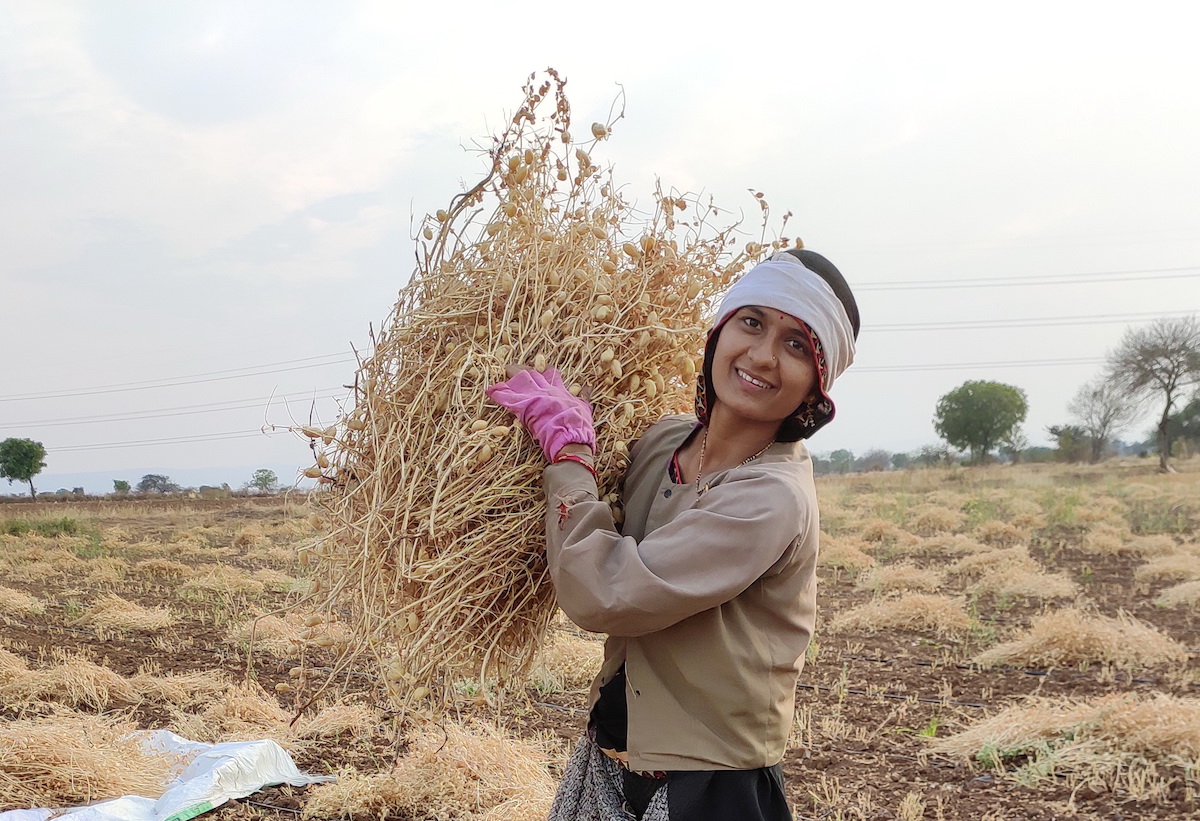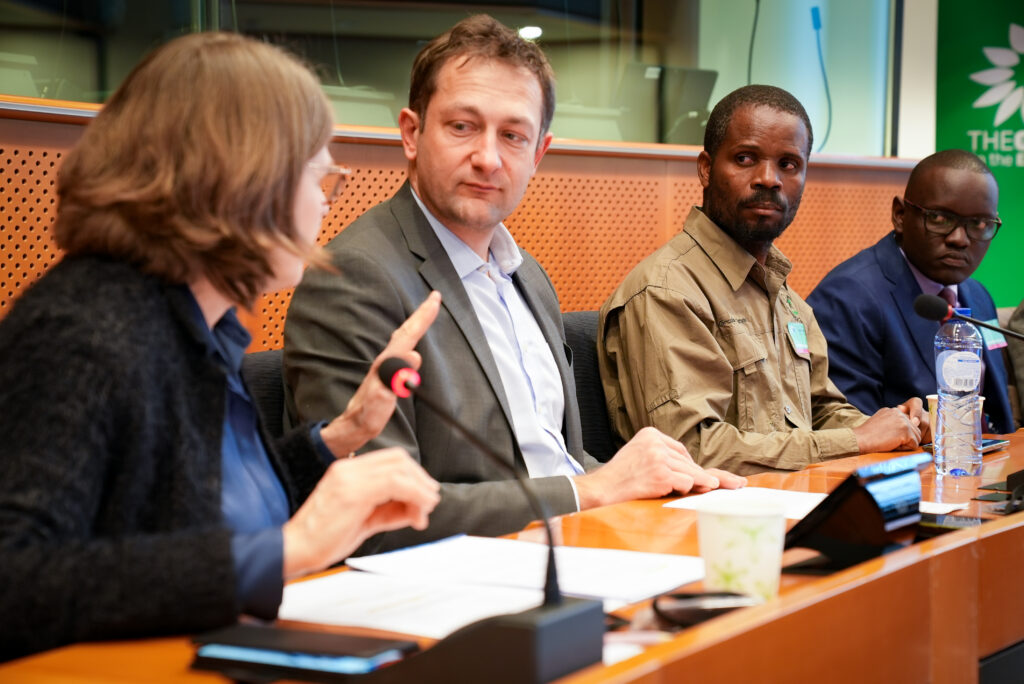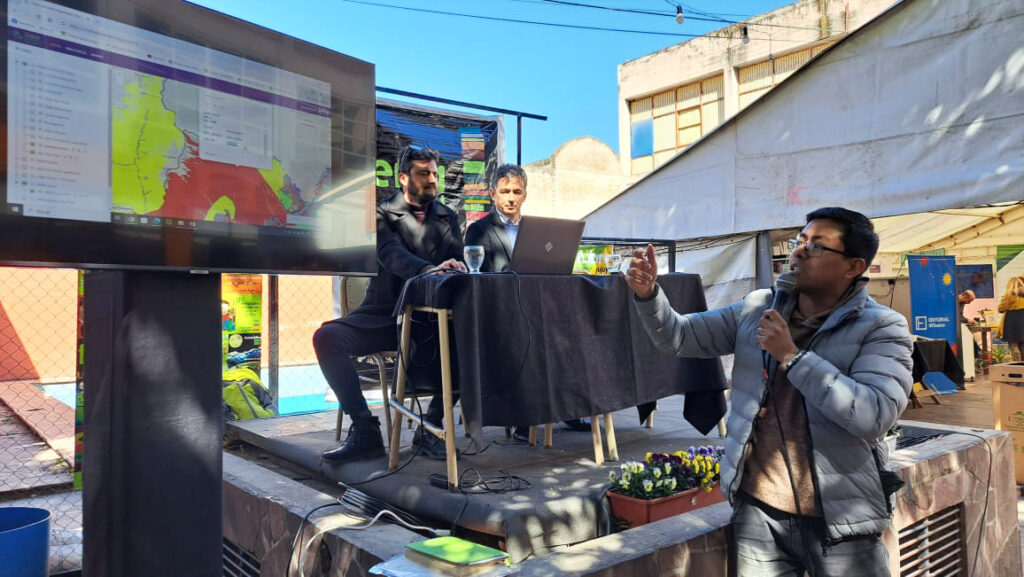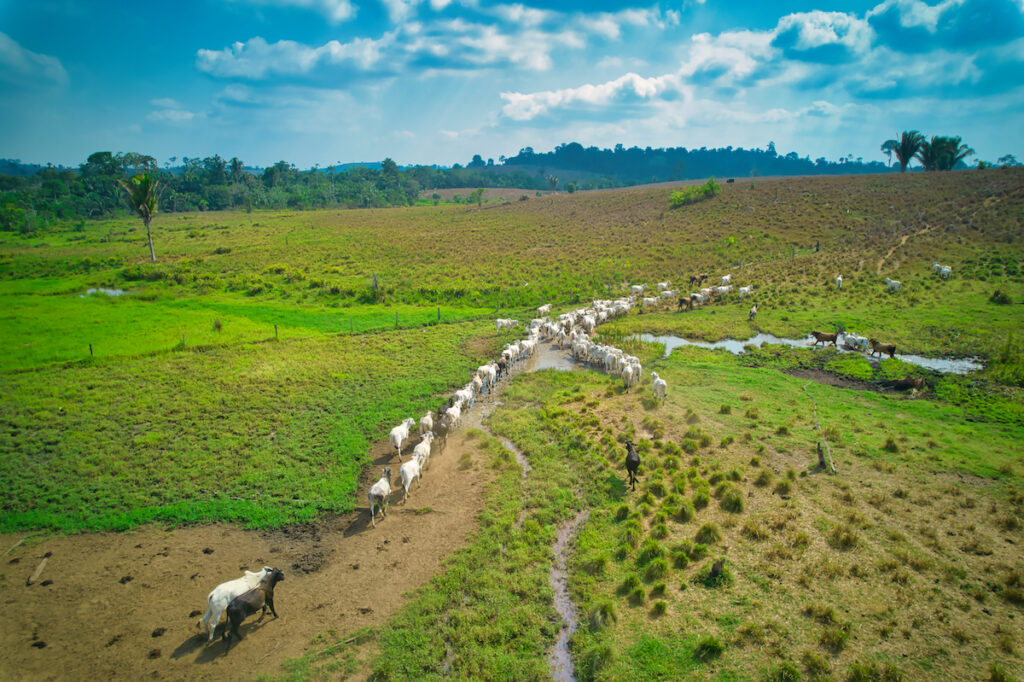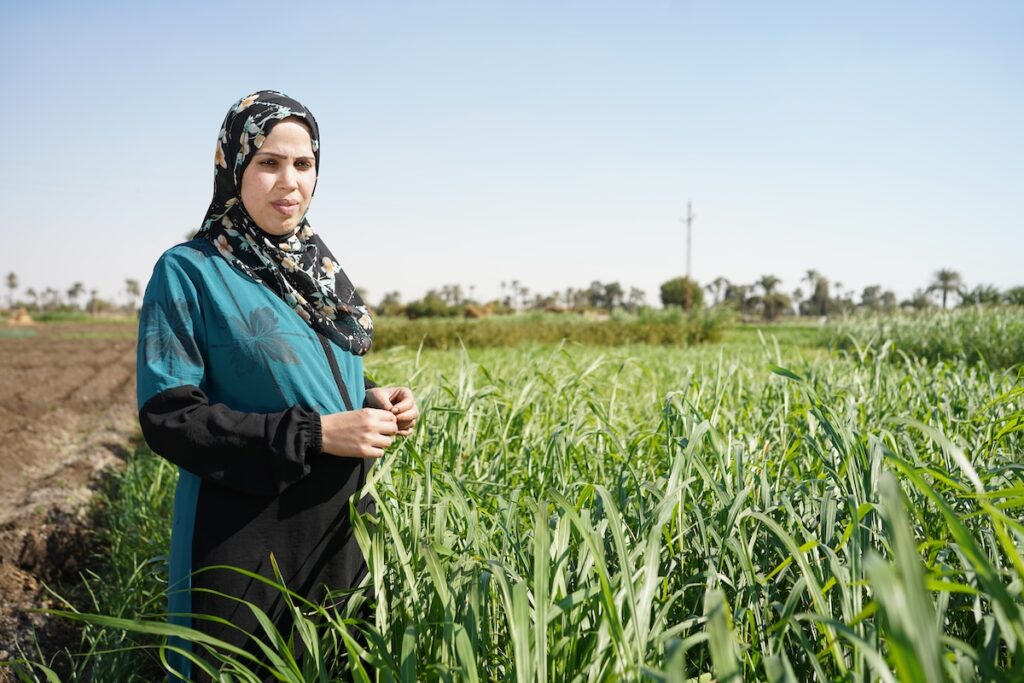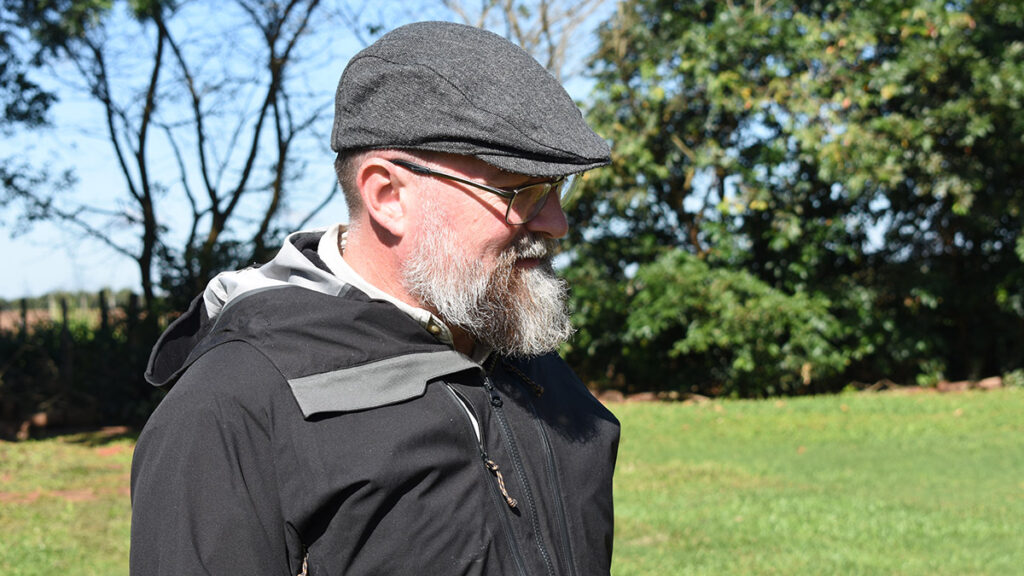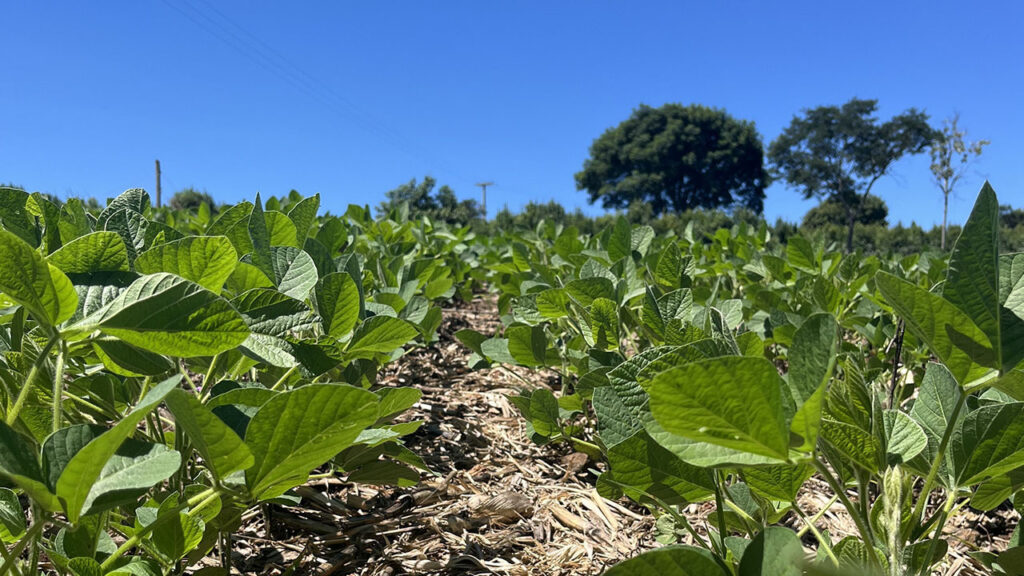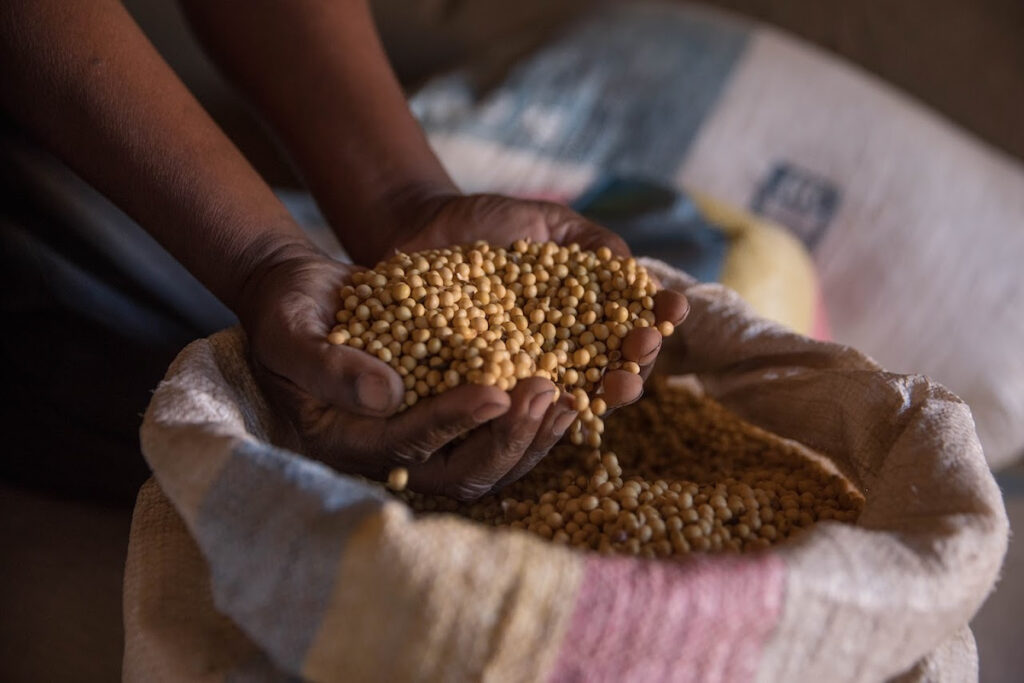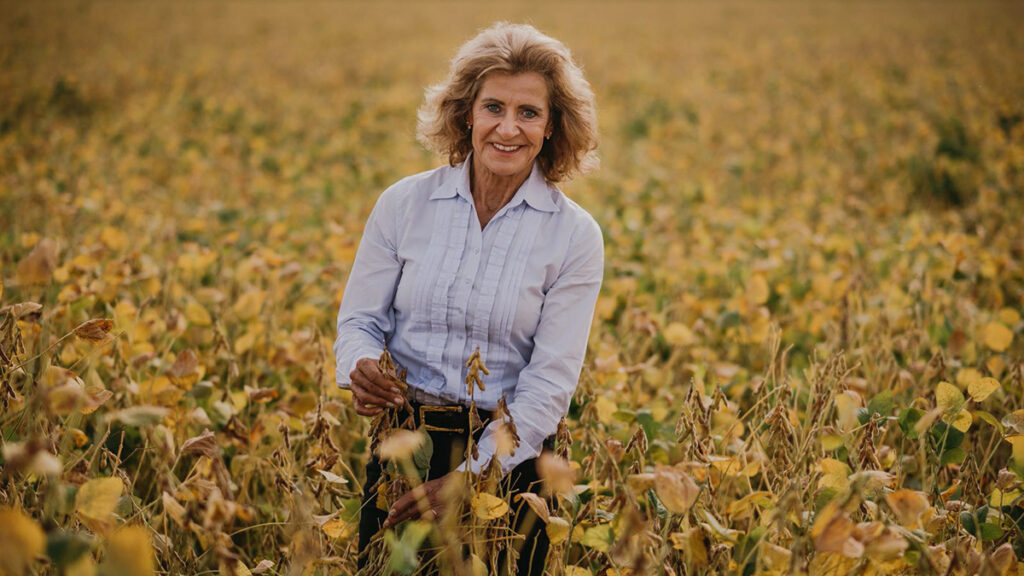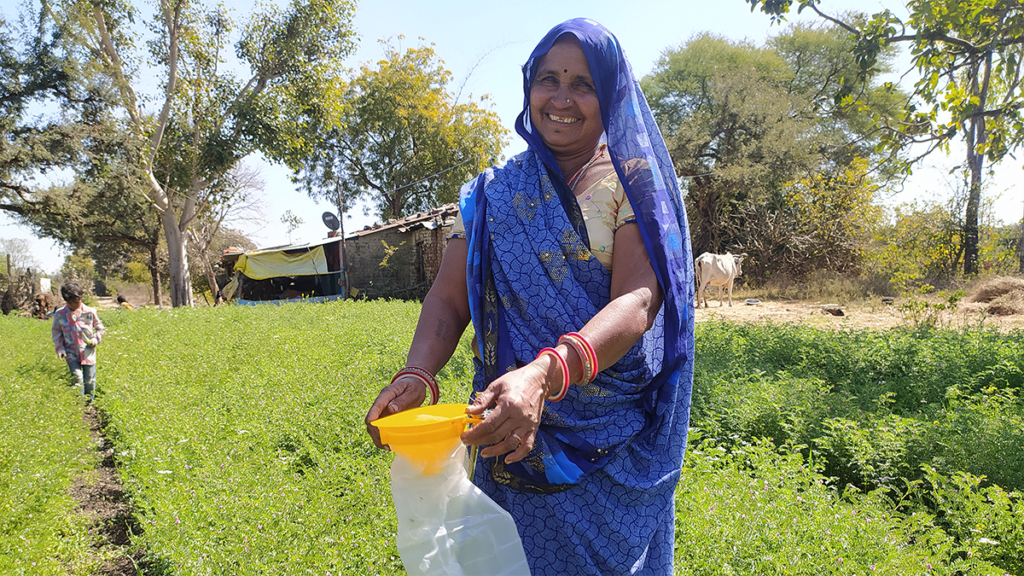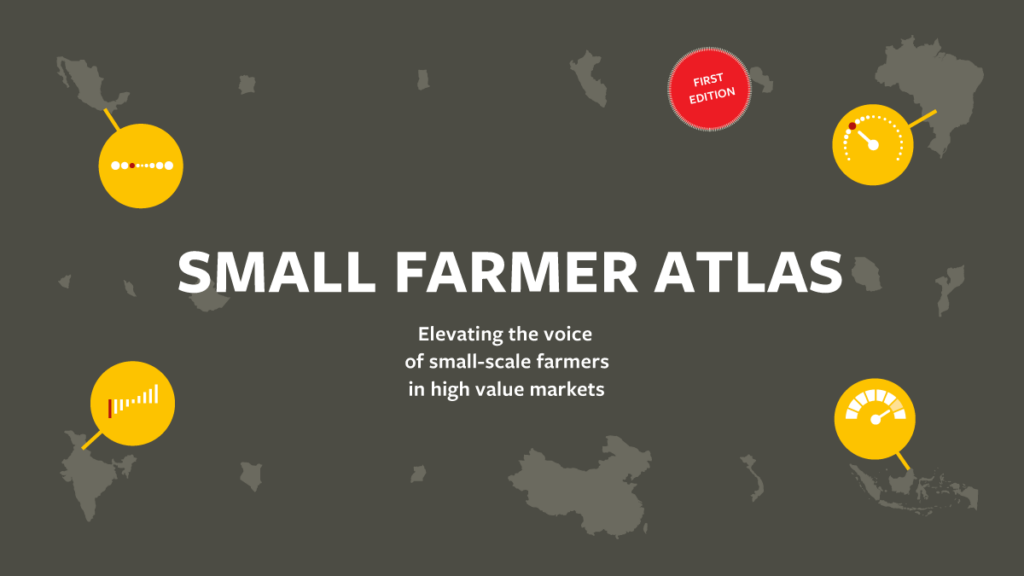On the 21st of May 2021, Dr. Suresh Motwani, General Manager of Solidaridad India, proudly received the Award for Excellence in EcoAgriculture Advocacy from the (virtual) hands of Madam Mamta Jain, Group Editor and CEO of Agriculture Today Magazine.
Agriculture Today, India’s leading agricultural magazine, has been a vanguard in disseminating information, influencing policies, creating business networks and recognizing achievers in agriculture. All with the aim to unleash the great potential of agriculture in India. But, in spite of its huge achievements, the last two decades of Indian agriculture have witnessed a paradoxical situation. On the one hand, there are massive scale success stories and innovative agribusiness models while on the other hand, natural resources are depleting, rural-urban income gap is widening and smallholder farmers’ suicides in India continue unabated.
While further unleashing the potential of agriculture is the main concern of the Indian government, the concerns on the downside of industrial agriculture are growing. Acting as a vanguard, Agriculture Today recognizes the need for a transition towards more ecological farming practices, and has been paying attention to frontrunners in what can now be called the EcoAgriculture movement. This movement looks to bring together the rich experience of industrial research on the one hand, and ecological farm scale demonstrations in different parts of the world on the other. It seeks to move from ‘know how’ to ‘do how,’ focusing on the practical aspects of ecological agriculture and the business case for farmers.
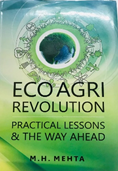
The practical model to promote this shift is called the ‘20:20 model.’ The model was developed by Dr. M.H. Mehta, author of the book ‘Eco Agri Revolution, Practical Lessons and the Way Ahead’. By now, many renowned agricultural experts and policy makers in India have joined the movement that looks to transform agriculture through a true Green or Evergreen Revolution. The model is perceived as a first feasible step for farmers to adopt ecological farming practices, helping them to increase their production by 20 percent, while reducing their production costs by 20 percent.
It’s indeed a great privilege for us to receive this award for our work in India. This award would stimulate us to do better what we are doing currently; and also helps us in organizing more resources towards strengthening and promoting sustainable business models around regenerative agriculture, smallholders’ resilience to climate change and a viable business case and value proposition for stakeholders engaged in Solidaridad’s programme in India.
Dr. Suresh Motwani, General Manager of Solidaridad India
Practical advocacy
It is clear that advocacy for change needs to be accompanied by practice for change to be effective. Solidaridad has understood this very well and started implementing the 20:20 model with smallholder farmers in its Sustainable Soy Programme in the State of Madhya Pradesh, Central India.
Soy production is often associated with large scale farming, but in Central India alone there are 5 million small scale soy farmers, whose soy is mainly sold for locally produced cooking oil. These farmers are often struggling to survive. While their income is low and unstable, they face increased input costs and dependency on expensive and harmful agrochemicals. Also, they have become more vulnerable to the adverse impact of climate change, such as long droughts, heavy rains and flooding. Because of the extensive use of chemicals and monocropping, soils are degraded and biodiversity is deteriorating.
The good agricultural practices promoted through the 20:20 model consist of soil restoration with locally prepared organic manures and incorporation of locally decomposed organic matter, the application of local preparations for pest management and crop protection, for instance by using the extract from ten types of leaves from botanicals which have repelling, antifeedant and killing properties for pests, combined with the introduction of pheromone traps, yellow sticky cards and bird perches, and finally minimum tillage practices, combined with water saving and efficiency measures.
Smart advocacy
The success of the programme cannot be explained by the strength of the 20:20 model alone. Other crucial factors of success were the unique extension model of the programme, combined with more rewarding, direct market linkages and a smart gender inclusion strategy. Women form the backbone of the soybean farming system, performing 70 percent of the daily manual labour, such as manual weeding, harvesting, sowing, seed preparation and grading of produce. Involving women as agents of change was therefore crucial.
Poverty is an important driver of unsustainable practices, as farmers are often left with no other option to survive. The problems in the State of Madhya Pradesh too are multifaceted, being poverty and low-income capacity, social norms and gender exclusion, and a lack of education and awareness. At the same time the industrial agricultural practices that were introduced with soy production have caused the degradation of soils and other natural resources, making farmer fields and communities more vulnerable to climate change. To sell their produce, soy farmers often depend on intermediary traders, while soy prices are not rewarding. In addition, the lack of nutritious food is mainly affecting women and children, while the social and economic exclusion of women is aggravating the problem and keeps the rural population, and women in particular, trapped in poverty, with little to no perspective for them and their children.
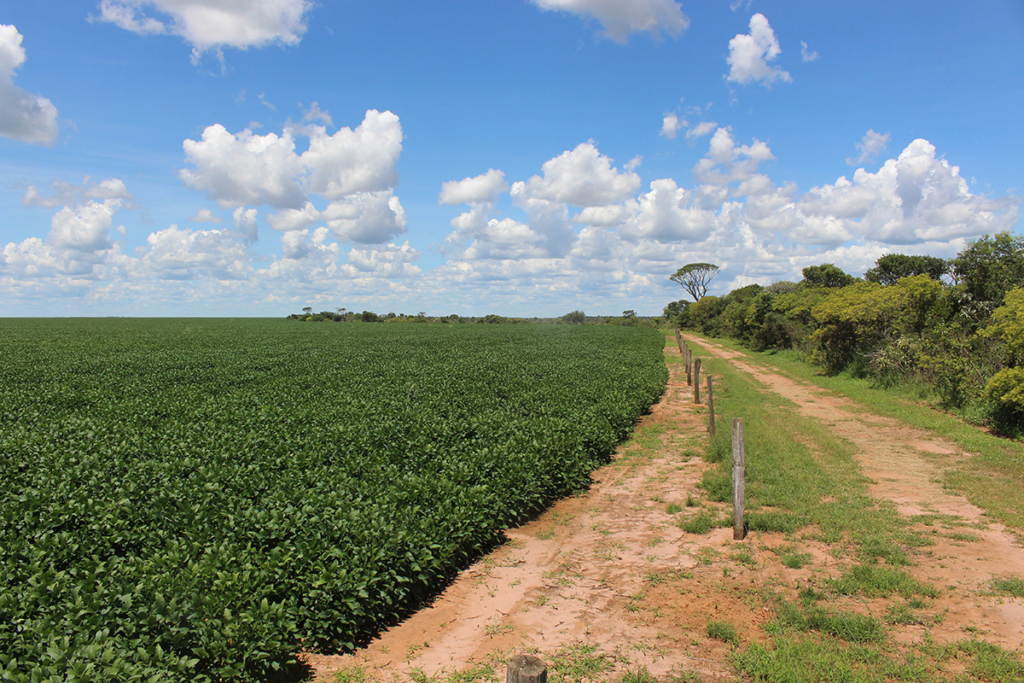
Risk-free soy and beef
Brazil, China and USA connected to increase risk-free sourcing of soy and beef from the Cerrado and the Amazon.
To advocate for change, soy farmers were approached by the Solidaridad Soy Programme through existing Farmer Producer Organizations (FPOs) and from there – in collaboration with the Indian Institute of Soil Sciences (ISSS) – 1150 lead farmers were trained in the use of innovative tools and technologies for soil health improvement. Digital tools were used for further dissemination and to ensure that women were allowed to follow agricultural training, a health and nutrition component was added. Selected women were trained as Nutri Sakhi’s – Nutrition Friends, who further trained the women in their villages. Through a Resource Centre for Women in Agriculture set up by Solidaridad, they were also trained in organic cultivation of fruits and vegetables, processing of soy, use of women friendly farm tools, preparation of soy based food products and entrepreneurial skills. And more recently, as part of an innovative diversification strategy, medicinal and aromatic plants were introduced.
Impact
Through its soy programme deployed in Madhya Pradesh, Solidaridad has managed to improve the livelihoods of more than 35,000 smallholder soy farmers, including 10,000 women. The effort has led to a reduced application of synthetic fertilizer of 30 percent, an avoided use of agro-chemicals of 20 to 30 percent, and with it the extent of environmental hazard. As the interventions were extensively demonstrated by the Solidaridad chain of trained field staff to farmers, they were fast learned, practiced and adopted by the farmers, relieving them from the expenses advised by the local agri-input dealers. all together, the programme has drastically decreased the cost of cultivation and on average increased net income of small and marginal farmers by 40 percent. Soil quality and fertility increased, together with on-farm biodiversity. And this is only the start. The efforts, result and impact of this important Solidaridad programme have now been recognized by the Agriculture Today Award for Excellence in EcoAgriculture Advocacy.

